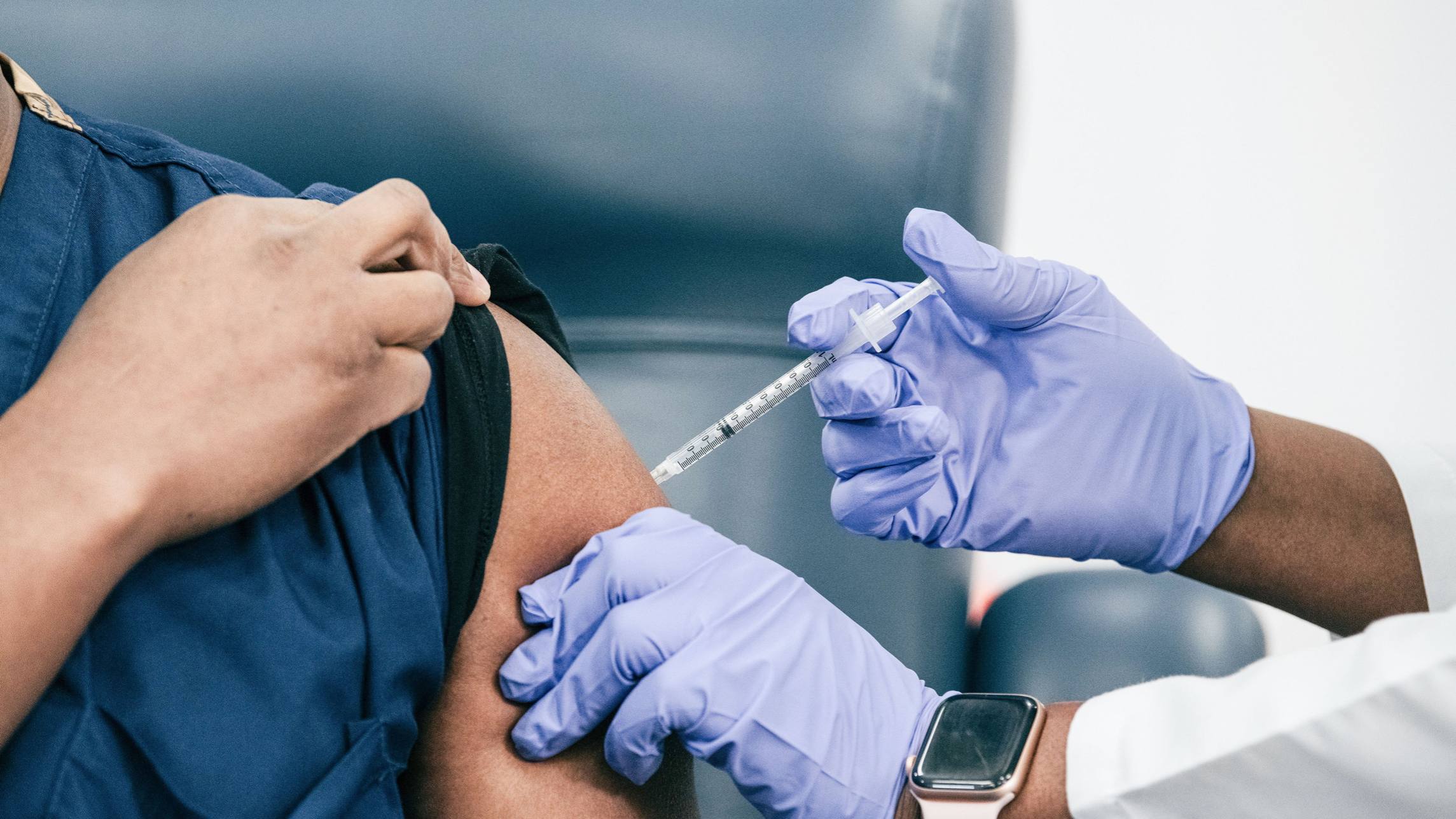Epidemic coalition sets out plan to develop vaccine in 100 days
A practical blueprint to develop a vaccine against a new virus within 100 days — less than a third of the time taken to produce Covid-19 vaccines in 2020 — will be released on Wednesday by an international organisation charged with protecting against future pandemics.
The Coalition for Epidemic Preparedness Innovations had produced a detailed plan which shows that “the 100-day mission is not just a slogan or a tool for fundraising” but a practical proposition, said Cepi chief executive Richard Hatchett. It was prepared through in-depth research and consultation with international health bodies, vaccine companies, scientists and regulators.
Cepi, a global partnership between governments, charities and industry set up in 2017, aims to raise $3.5bn for a five-year programme that would enable the world to supercharge the development and manufacturing of vaccines against any emerging virus with pandemic potential.

Last week the World Health Organization launched a process to update its list of “priority pathogens” most likely to cause a pandemic. About a dozen families of viruses are prime suspects.
“I think it would be extremely unlikely that we encounter a completely novel family of viruses — and the first pathogen to emerge from it has pandemic potential,” said Hatchett. Although bacteria have caused terrible epidemics in the past, including the plague, they are regarded as less of a pandemic threat than viruses in the 21st century.
It is also essential to build up experience with vaccine technology platforms, according to the Cepi plan. Although mRNA turned out to be the fastest route to effective Covid vaccines, “there may be a reason why other approaches are better for different threats,” Hatchett said, referring to the BioNTech/Pfizer and Moderna jabs.
This story originally appeared on: Financial Times - Author:Clive Cookson




























